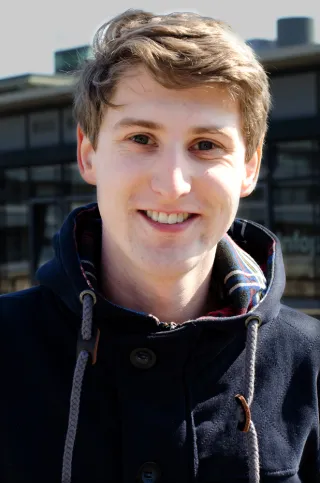Bachelor 2 subject
Culture, Individual and Society, Bachelor 2 subject
- What is the relationship between individual and society?
- What are intercultural communication and competence?
- How does social, cultural and political change progress?
- How does socio-scientific research work?
- Which specific perspectives and explanations do sociology and political science, social psychology and social anthropology provide?
Profile |
|
|
Degree
|
Bachelor of Arts
|
|
Start
|
Winter- and summer semester
|
|
Duration
|
6 semesters
|
|
Classroom language
|
German
|
|
Admission
|
Restricted
|
2-Subject Bachelor Programme |
| This degree programme requires a second subject for which advanced knowledge of German language is mandatory. |
rub


